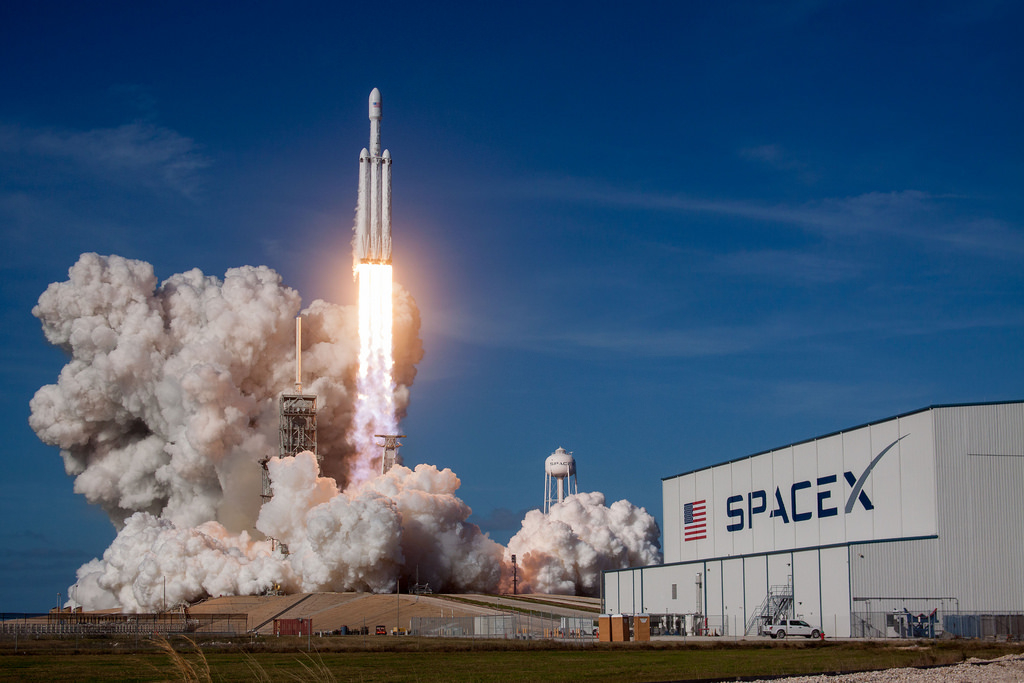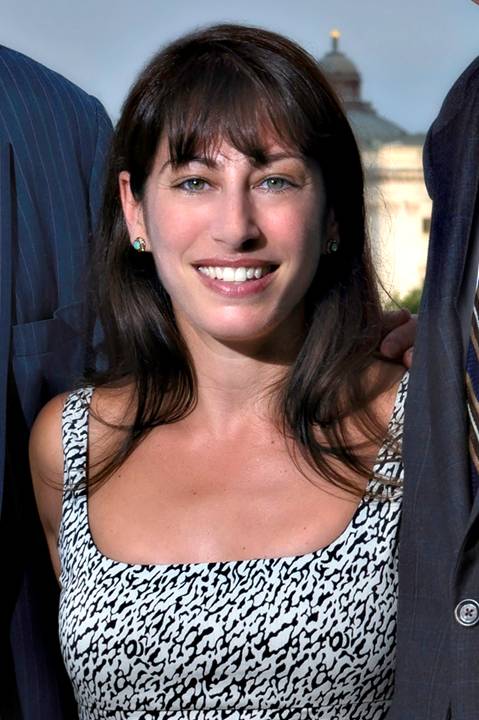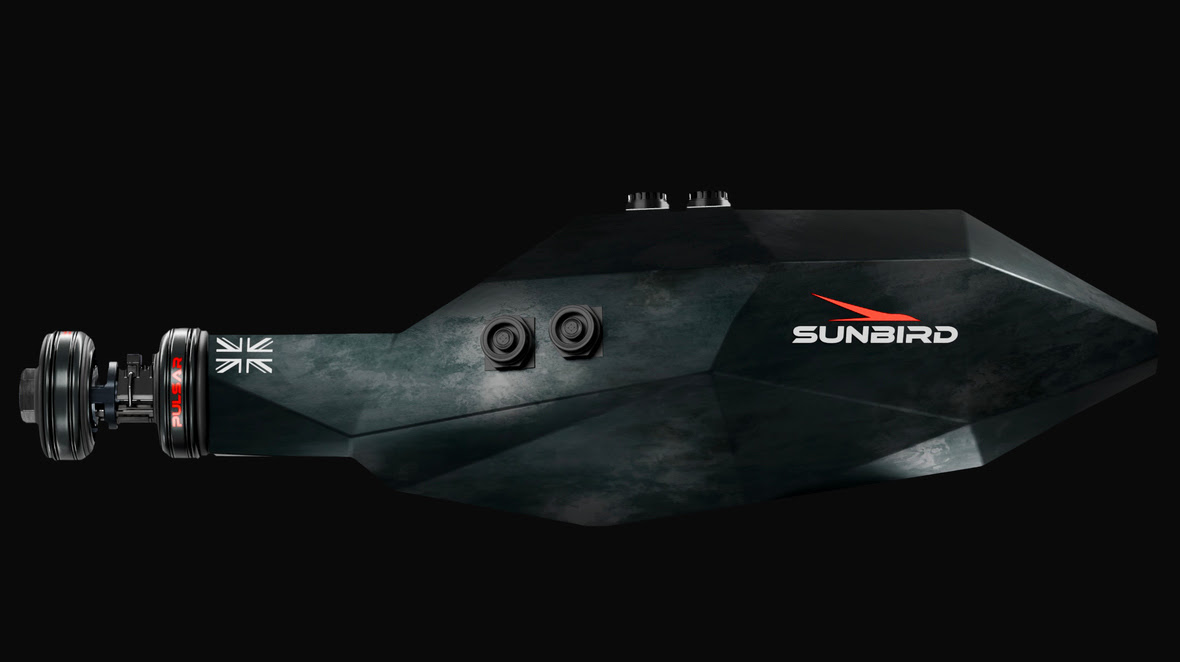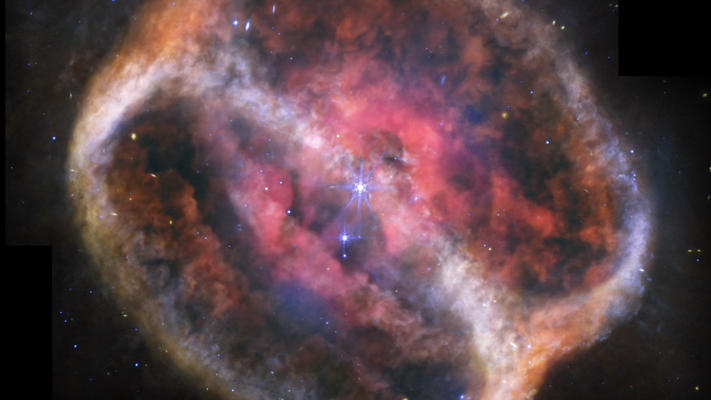
'Billions and Billions': Space Exploration is Not Just for Billionaires

Carie Lemack is co-founder and CEO of DreamUp, the first company to bring space into classrooms and classrooms into space. A former national security policy expert/advocate and producer of an Academy Award-nominated film, Lemack is a proud alumna of Space Camp and a supporter of all space cadets reaching for the stars. Lemack contributed this article to Space.com's Expert Voices: Op-Ed & Insights.
As exciting as SpaceX's Falcon Heavy launch was — a marvel of both engineering and publicity with Elon Musk's Tesla Roadster along for the ride — we should remember that the wonders of space, with its "billions and billions" of planets and stars, are not the exclusive domain of a few billionaires. Not when tens of millions of students have the means to send their own experiments into space. We should recognize that fact, because space can and should inspire people of all ages, regardless of status or income.
The Falcon Heavy shows what one very determined individual (and his impressive team) can do with enough money and resources, achieving a milestone of this magnitude. But I would be remiss if I did not mention — and it would be a disservice to teachers and students if they did not know — that we have it within our power to reach the heavens here on Earth: We can send students' research, questions and aspirations, to the International Space Station, provided we have a curriculum that puts this opportunity at the forefront of any program that emphasizes science, technology, engineering and mathematics (STEM). [Wildest Private Deep-Space Mission Ideas]
It has never been more straightforward for learners to access microgravity. Today they can work directly with organizations that provide access for student research to fly to space via companies like DreamUp, Higher Orbits, the Student Spaceflight Experiments Program (SSEP) or the Center for the Advancement of Science in Space (CASIS). Through these programs, students' experiments can fly to the International Space Station or on a suborbital flight on the Blue Origin New Shepard space vehicle. The sky is no longer the limit.
From STEM to stern, so to speak; from the classroom to the launch pad; from watching an industry titan achieve his dream to seeing the nation's students fulfill their own dreams, we need to democratize the quest for space. We need to enable students to get hands-on experience with space science, not just because it matters to educators and learners, but because research and exploration matters for the survival and success of humanity.
Consider, then, the Falcon Heavy launch as America's latest "moonshot." Think of the quest for space as a challenge not from without, but from within. Let SpaceX's achievement serve as an inspiration to all curious minds, and let the thrust of the rockets and the sound of their engines be a roaring call to action, with Musk's remarkable feat daring us to be as ingenious and innovative as we must be to launch our own projects.
America's students are able and willing to accomplish this mission, but we need communities to invest in the programs that will enable and support teachers to pursue these opportunities. We must do this, not because it is easy, but because it is the best way to prepare future generations for the new space age.
Get the Space.com Newsletter
Breaking space news, the latest updates on rocket launches, skywatching events and more!
Let us maintain the enthusiasm of the Falcon Heavy launch. But let us apply that spirit to the classroom, where we can educate––and empower––millions to do for billions what is not just the province of billionaires.
Follow us @Spacedotcom, Facebook and Google+. Original article on Space.com.
Join our Space Forums to keep talking space on the latest missions, night sky and more! And if you have a news tip, correction or comment, let us know at: community@space.com.










